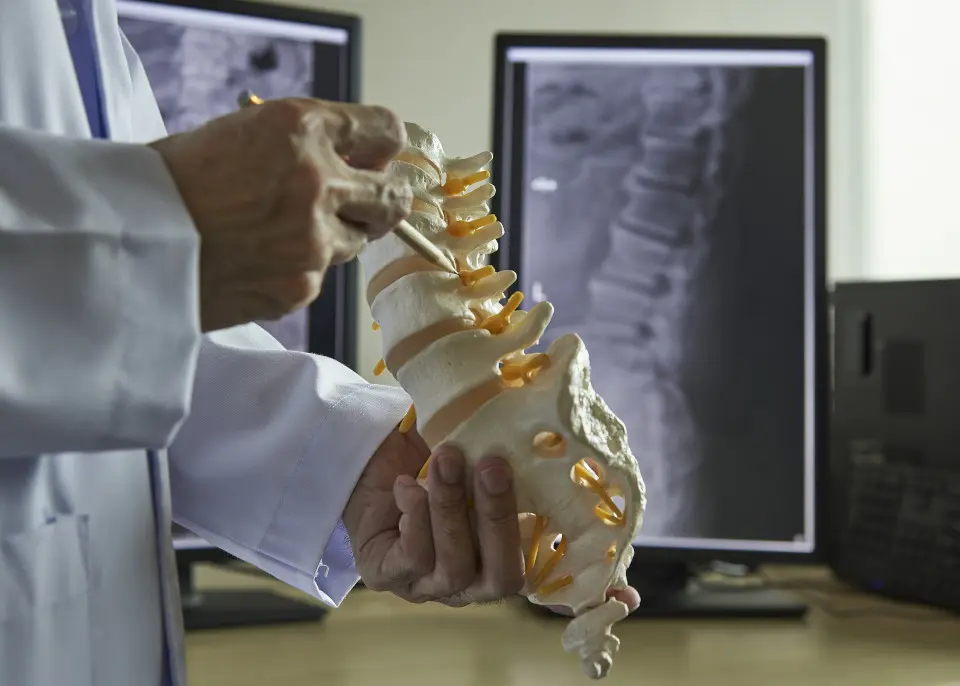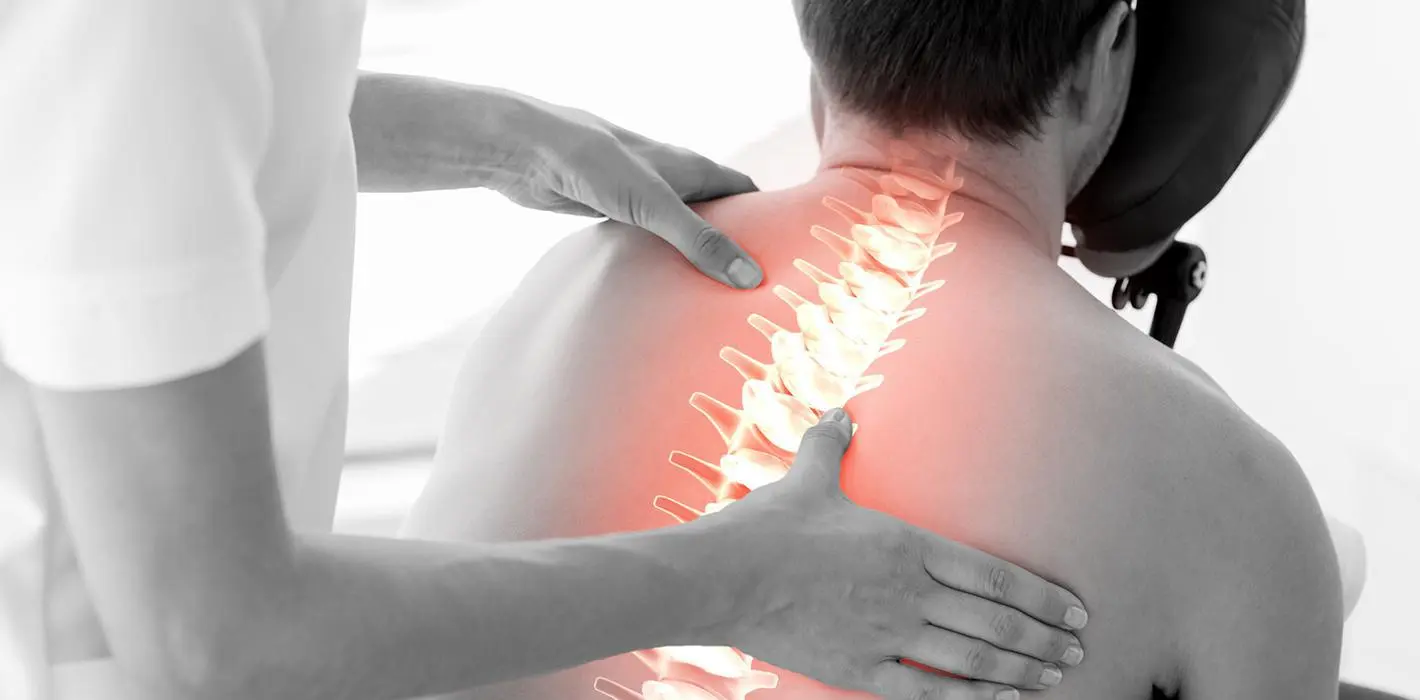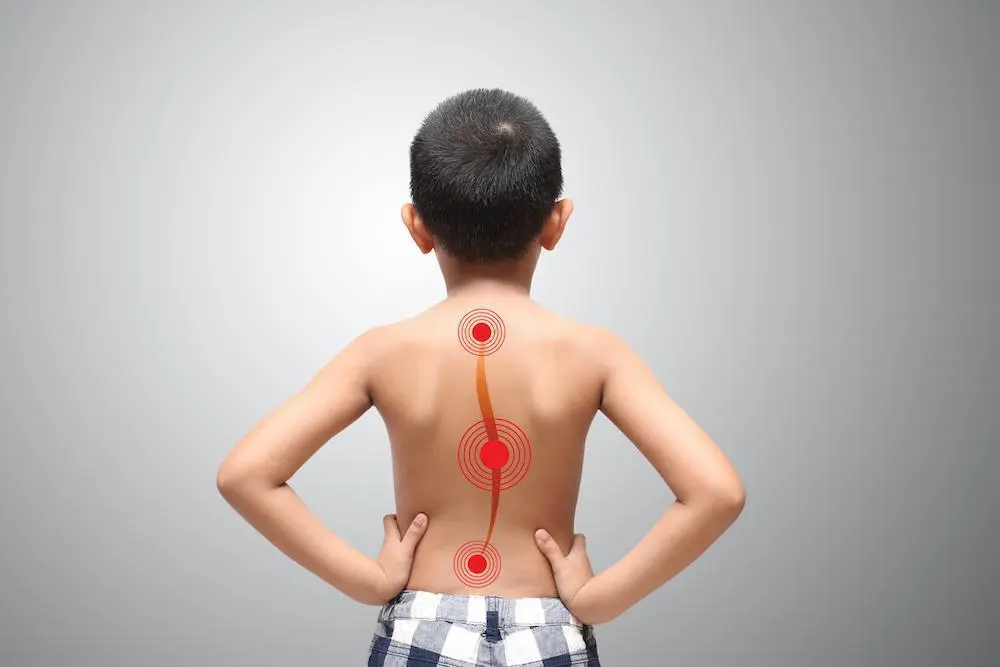

WORLD-CLASS SPINE CARE
Offering cutting edge techniques with personalized care.

ARIZONA’S TOP RATED SPINE PRACTICE

LEADERS IN MINIMALLY INVASIVE SPINE SURGERY


Harvinder S. Bedi, MD, of Camelback Spine Care, is a board-certified spine surgeon with an outstanding reputation in his field, who is bringing exceptional medical services and innovative technologies to residents of Sun City, Arizona, and Phoenix, Arizona suffering from neck and back pain.
Dr. Bedi began his career at State University of New York Upstate Medical University in Syracuse, graduating with a medical degree in 2006. He completed his residency in orthopedic surgery at the University of Buffalo in New York, receiving the Theodore Papademetriou Award for excellence in orthopedic research and education.
In 2011, Dr. Bedi undertook a combined neurosurgical and orthopedic spine fellowship at Cedars-Sinai Medical Center in Los Angeles, one of America’s foremost spine centers. The fellowship gave Dr. Bedi invaluable experience performing advanced spinal surgery techniques using cutting-edge technologies. He’s now an acknowledged expert in cervical, thoracic, and lumbar disorders of the spine, as well as degenerative disorders, spinal trauma, deformity, minimally invasive surgery, artificial disc replacement, and computer-assisted navigation.
Dr. Bedi is a prominent figure in his profession and a member of the American Academy of Orthopaedic Surgeons, the Orthopaedic Research Society, and the North American Spine Society, as well as being active in medical research. Dr. Bedi is at the forefront of innovation in spinal surgery, and his patients can be sure they are receiving the most advanced treatments at Camelback Spine Care.

Paramjit Singh, MD is a fellowship-trained orthopedic spine surgeon. He has a keen interest in treating spinal deformity, degenerative conditions of the spine, extradural spinal tumors, and trauma. He also has an interest in motion preservation surgery using cervical disc replacements and cervical laminoplasty procedures for stenosis. The approach to surgery is dependent on the specific problem being addressed. Dr. Singh treats a variety of spinal disorders using both open and minimally invasive techniques. When possible and appropriate, minimally invasive techniques generally allow for faster recovery and decreased pain.
Dr. Singh received his fellowship training at the University of California, San Francisco, where he received comprehensive training on all aspects of spine pathology. He completed his orthopedic surgery residency and internship at the University of Southern California. Dr. Singh earned his medical degree from Boston University School of Medicine, where he graduated cum laude. He obtained his bachelor’s degree from University of California, Davis.
Dr. Singh values the implementation of advanced and cutting edge technologies in the treatment of spinal disorders. He remains active in the medical community by assisting in medical research in topics such as lumbar spine fusion and predictive modeling for clinical outcomes and cost-effectiveness of surgery for lumbar degenerative pathologies. He is a member of the North American Spine Society, American Academy of Orthopedic Surgeons, and the Society for Minimally Invasive Spine Surgery.

Dr. Ughwanogho is a board certified, fellowship-trained orthopedic spine surgeon specializing in adult and pediatric deformity (scoliosis/kyphosis); cervical, thoracic and lumbar degenerative conditions; and spine trauma, including osteoporotic compression fractures.
He believes accurate diagnoses and identification of a patient’s pain causing pathology allows for the most effective treatment of such pathologies. Consequently he focuses on diligent assessment of the patient’s presenting complaints, history then correlating these findings with appropriate diagnostic images.
He employs a multimodal approach in the management of his patients, with use of non-surgical and surgical options. When surgery is indicated, he uses the most efficacious and safest techniques to achieve a patient's goals, including use of classical surgical approaches, more less invasive techniques, or motion sparing approaches.
He obtained his medical degree from SUNY Downstate College of Medicine in 2006, after which he went on to further his training. He completed his residency in orthopedic surgery at the Hospital of the University of Pennsylvania in 2011, and received dual fellowship training in adult orthopedic spine and spine deformity at Texas Back Institute in 2013, gaining experience in complex deformity and revision spine surgery.
He is board-certified through the American Board of Orthopedic Surgery (ABOS). Licensed to practice medicine in Arizona. In addition to having authored several articles and book chapters, he is a member of American Academy of Orthopedic Surgeons, the North American Spine Society.
Among his numerous accolades, Dr. Ughwanogho is the recipient of Compassionate Doctor Recognition (2015, 2016, 2018, 2020), Patients’ Choice Award (2018, 2020), and On-Time Doctor Award (2020).
WHAT WE OFFER
Neck Pain
LEARN MOREOsteoporosis
LEARN MORELower Back Pain
LEARN MOREArthritis
LEARN MOREHerniated Disc
LEARN MORESpinal Stenosis
LEARN MOREDegenerative Disc
LEARN MOREScoliosis
LEARN MORENEWSLETTER

Five Things You Should Do to Support Your Back
Whether you’re already dealing with a back that’s prone to pain, or you want to prevent a problem from developing in the first place, there are a few key steps you can take to support your back.

Can Scoliosis Be Prevented?
.Scoliosis affects between six and nine million people in the United States, and you are wondering whether you can prevent your child from joining these numbers. The short answer is, no. But there are ways to reduce the problem.

Warning Signs You Have a Herniated Disc
Developing pain in your back is certainly not uncommon, but herniated discs have their unique, telltale symptoms. Here’s a look at three of the most common signs of a herniated disc and what steps to take.
PATIENT RESOURCES
Please click on the link to find out everything you need to know about your visit to Camelback Spine Care.
LEARN MORECamelback Spine, Peoria, AZ
Fax : 602-714-5176
Phone (general inquiries): 602-714-6970
Address: 13760 North 93rd Avenue, Suite 203, Peoria, AZ 85381
Camelback Spine, Phoenix, AZ
Fax : 602-714-5176
Phone (general inquiries): 602-714-6970
Address: 3815 E Bell Road, Suite 2700, Phoenix, AZ 85032
""